The Heart Meridian and Peaceful Sleep
The importance of a good night’s sleep cannot be overstated. In Traditional Chinese Medicine sleep disorders and insomnia are considered to be a blockage or imbalance in the body’s energy. This time of year, the fire element is most active, which is represented by 4 energy pathways or meridians, heart, small intestine, pericardium, and triple warmer.
The heart meridian is associated with peaceful sleep, thoughts, intelligence, emotions, and intimacy. It also oversees blood and circulation, houses the spirit, consciousness, and mental ability. When we are sleep deprived, our ability to reason is impaired and our emotions are frayed.
The Chinese 24-hour Meridian Clock, which I have spoken of many times before, shows the times of day in which each meridian is most active.
The meridians most active during the hours of 11 pm to 7 am are:
- 11pm-1am- gallbladder
- 1am- 3am- liver
- 3am- 5am- lung
- 5am-7am- large intestine
During the hours of sleep our bodies repair themselves. For instance, the liver detoxifies the blood, and makes proteins for clotting, and bile. If we are awake at this time, energy will be diverted away from the liver and these functions will be interrupted. In TCM the liver is also associated with planning and the emotion of anger or frustration. It then makes sense that if you have not had enough sleep, you will have difficulty concentrating and be short-tempered.
There are many different causes for sleep problems and Chinese Medicine has the tools to help you identify the specific cause for each issue. It is important to address sleep deprivation which left unchecked can create other health issues such as palpitations and digestive disorders. An acupressurist can help balance your energy and improve sleep but for more chronic and severe issues it is best to see an acupuncturist.

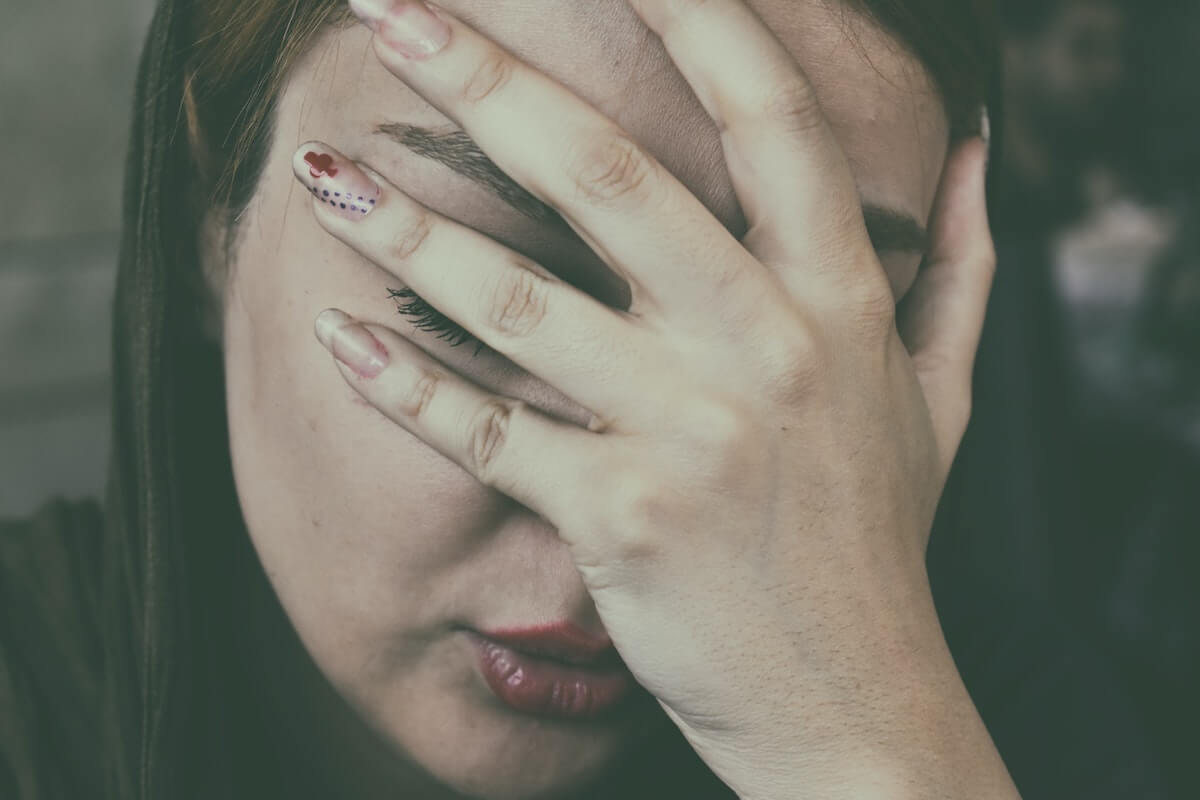
 In the past, I’ve spoken about the amount of stress that people are dealing with at this time in our country. Bladder and Kidney Meridians which are associated with the emotion of fear are most active during the winter season.
In the past, I’ve spoken about the amount of stress that people are dealing with at this time in our country. Bladder and Kidney Meridians which are associated with the emotion of fear are most active during the winter season.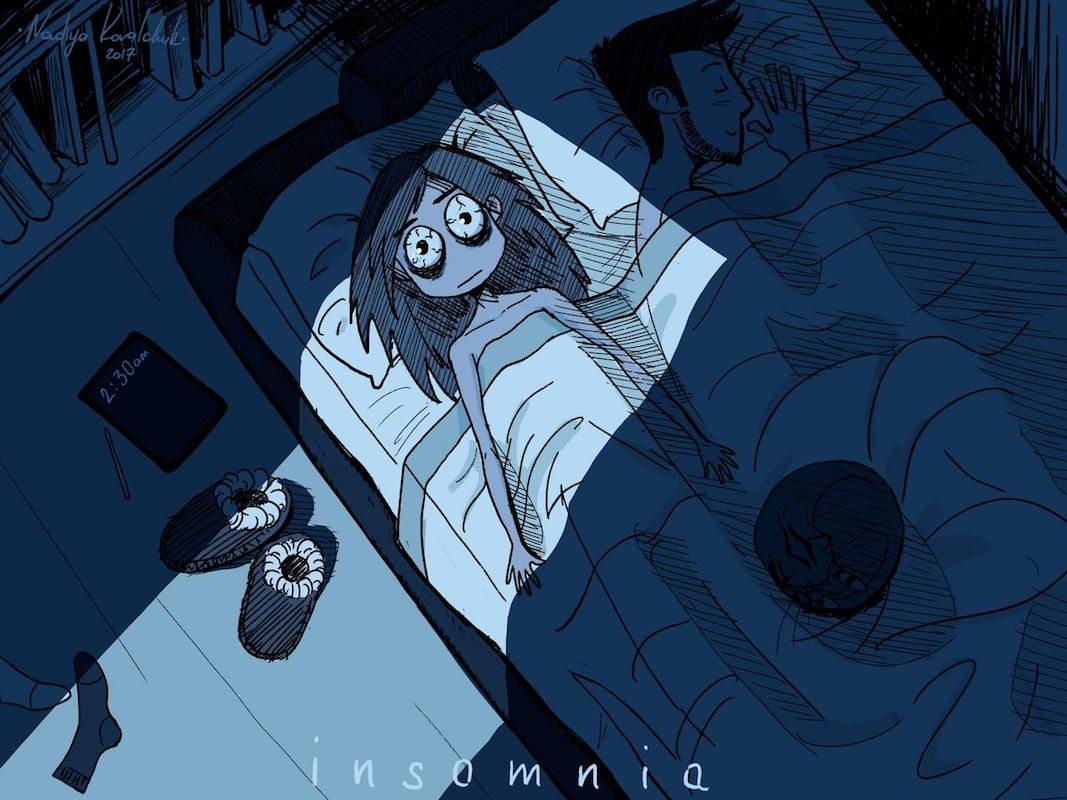
 The earth element, which is the most active energy at this time of year, encourages us to be balanced and grounded in our core and to nurture body, mind, and spirit. “Value and nourish yourself as the highest level of personal spiritual practice you can do, so that your love can then flow out to others.” Being grounded and balanced means to also be aware of our limits. When we overextend our energy, we are thrown out of balance.
The earth element, which is the most active energy at this time of year, encourages us to be balanced and grounded in our core and to nurture body, mind, and spirit. “Value and nourish yourself as the highest level of personal spiritual practice you can do, so that your love can then flow out to others.” Being grounded and balanced means to also be aware of our limits. When we overextend our energy, we are thrown out of balance.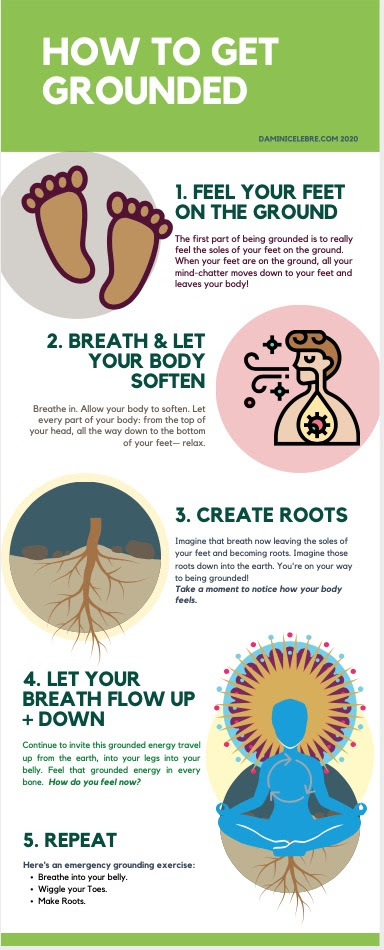
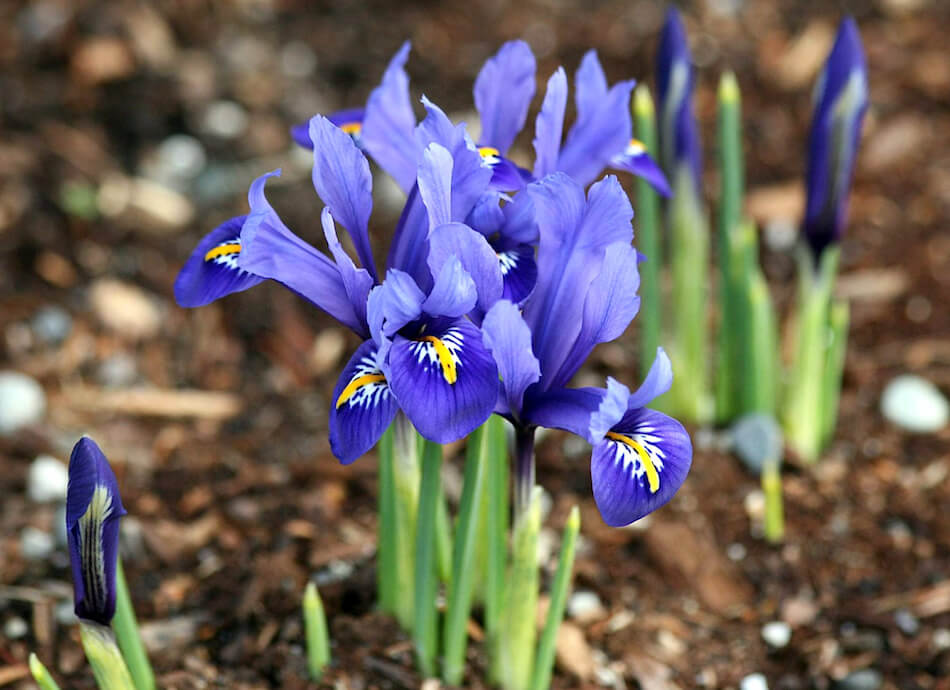 Though it is still technically winter, we can feel that change is in the air. The lighter more active energy of springtime is all around us in the appearance of crocus and daffodils. The energy of spring makes it possible to push through obstacles, like the early flowers pushing through the hard soil.
Though it is still technically winter, we can feel that change is in the air. The lighter more active energy of springtime is all around us in the appearance of crocus and daffodils. The energy of spring makes it possible to push through obstacles, like the early flowers pushing through the hard soil. We are nearing the end of Winter, when the subtle energies of nature will begin to rise and bring new life to the landscape. The animals that hibernate during this time will awaken to a renewed food supply.
We are nearing the end of Winter, when the subtle energies of nature will begin to rise and bring new life to the landscape. The animals that hibernate during this time will awaken to a renewed food supply.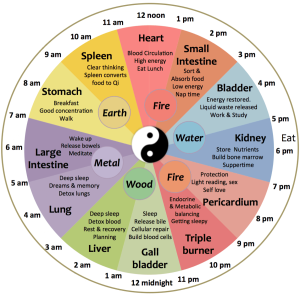 Every so often I like to revisit this topic. It’s very helpful information and can bring awareness to the problem of disturbed sleep which is of interest to just about everyone. The 24-hour body clock of Chinese Medicine is a representation of the movement of energy through the body’s meridians (energy pathways) and organs in a 24-hour period. Every two hours the energy is strongest in a particular meridian and organ within the body.
Every so often I like to revisit this topic. It’s very helpful information and can bring awareness to the problem of disturbed sleep which is of interest to just about everyone. The 24-hour body clock of Chinese Medicine is a representation of the movement of energy through the body’s meridians (energy pathways) and organs in a 24-hour period. Every two hours the energy is strongest in a particular meridian and organ within the body. Today is the perfect winter day. It is snowing, cold, dark, damp and quiet. These are the adjectives that describe the most yin season in Chinese Medicine. This is the time to slow down, replenish our energy reserves, conserve our strength and spend time reflecting on our health and meditative pursuits.
Today is the perfect winter day. It is snowing, cold, dark, damp and quiet. These are the adjectives that describe the most yin season in Chinese Medicine. This is the time to slow down, replenish our energy reserves, conserve our strength and spend time reflecting on our health and meditative pursuits.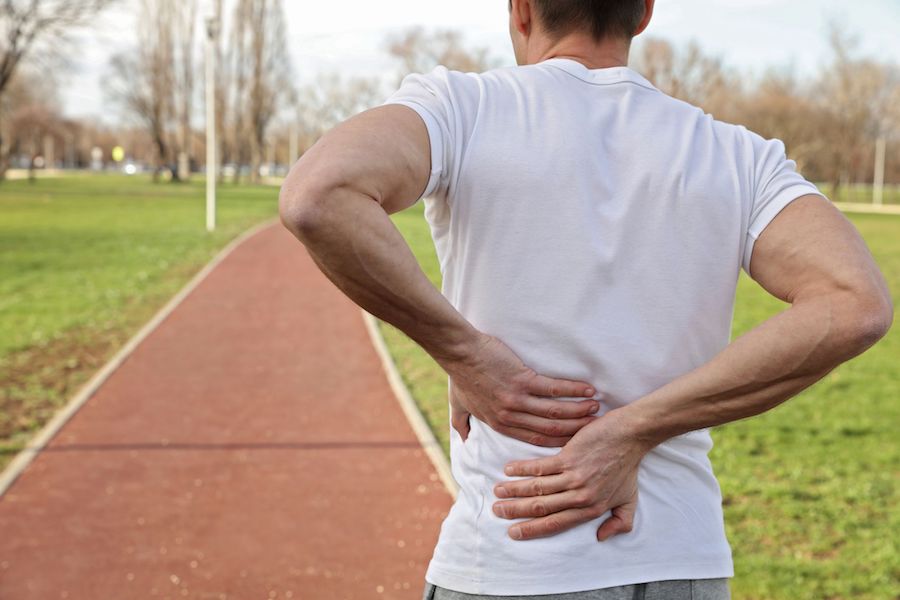 The Bladder Meridian is the longest and most influential of all the energy pathways since it crosses all the other meridians. During winter the energies are most active in Bladder and Kidney Meridians; this is the time of the water element. When the Bladder Meridian is out of balance both physical and emotional symptoms can occur.
The Bladder Meridian is the longest and most influential of all the energy pathways since it crosses all the other meridians. During winter the energies are most active in Bladder and Kidney Meridians; this is the time of the water element. When the Bladder Meridian is out of balance both physical and emotional symptoms can occur.